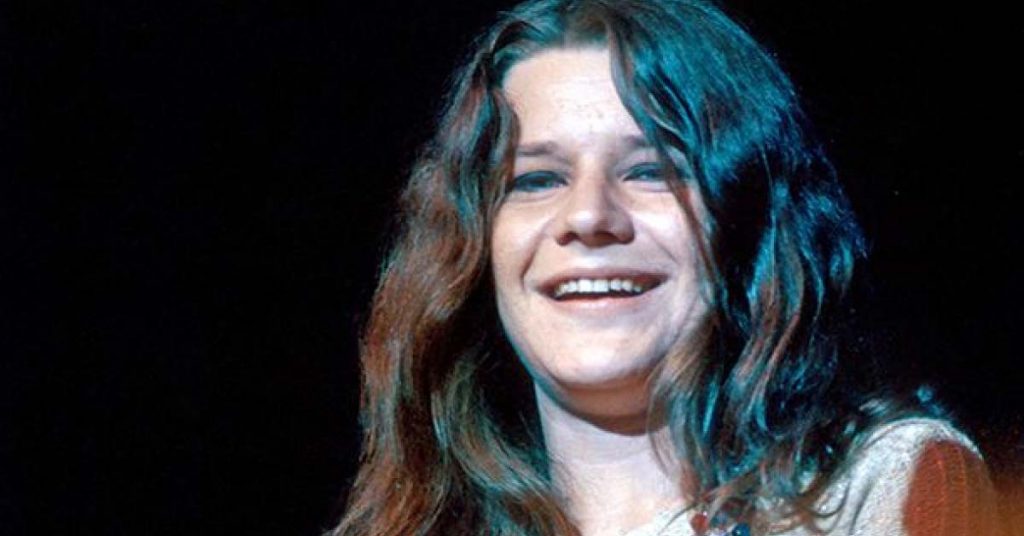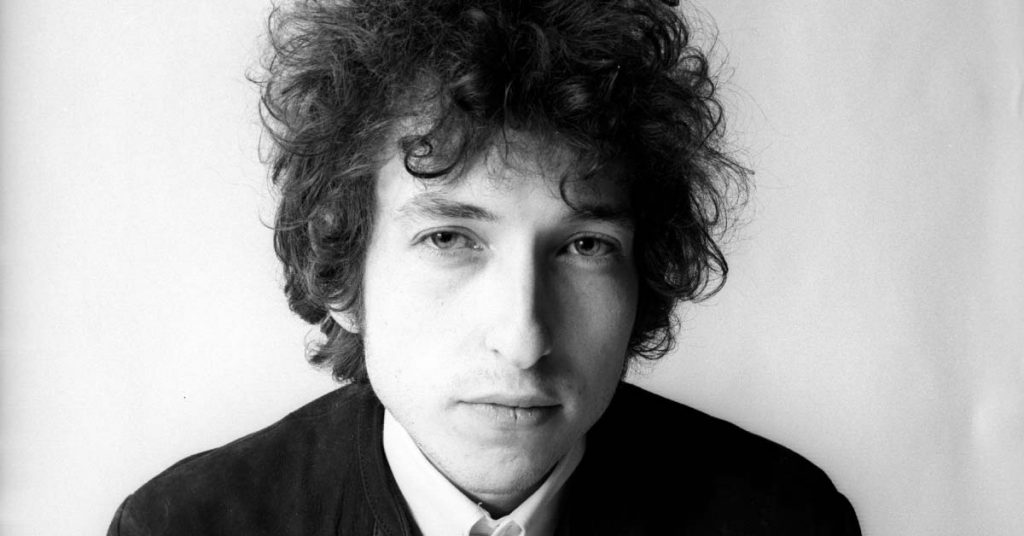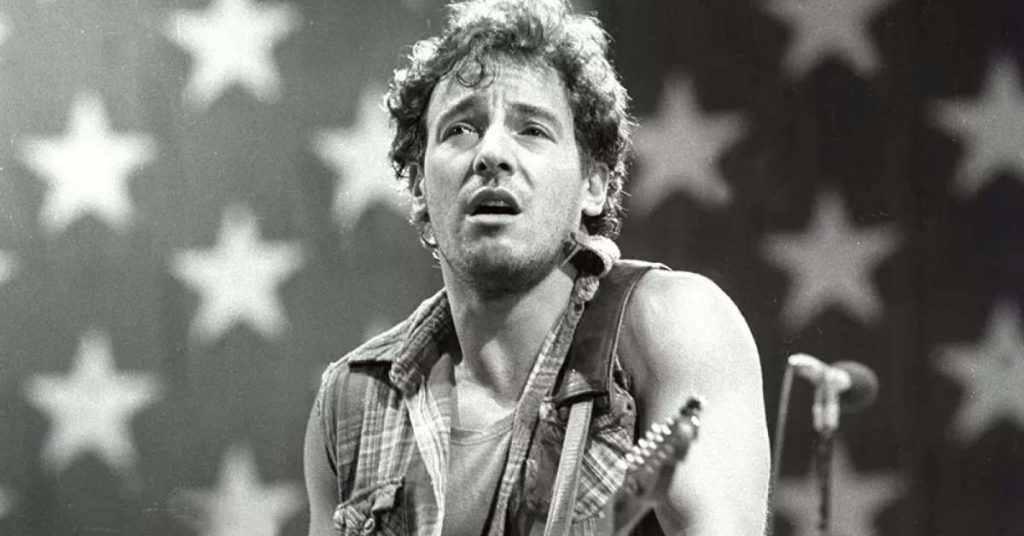Introduction – The Unique Appeal of Singers with Raspy Voice
There’s an undeniable allure to a singers with raspy voice. This gritty, textured vocal style communicates emotion and authenticity in a manner that polished, pitch-perfect singers frequently struggle to achieve. Whether it’s the raw fervor of a rock anthem or the soulful depth of a blues ballad, a raspy voice introduces an additional layer of emotional complexity and relatability. It’s as though the singer has experienced a myriad of lifetimes, with each note narrating a tale of love, loss, and resilience.
Quick link access to all of the singers with raspy voice:
Understanding Singer With Raspy Voice: Characteristics and Appeal
A raspy voice, often described as husky, gritty, or gravelly, is not just a hallmark of vocal strain or a late night out. For many singers, it’s their signature, a unique instrument that sets them apart in the crowded music industry.
This vocal quality can convey a sense of warmth and intimacy, drawing listeners in with its imperfections and texture. It’s these so-called “flaws” that make raspy-voiced singers so appealing; they remind us of our own vulnerabilities and strengths, making the music all the more touching.
Historical Overview – Pioneers of the Raspy Voice in Music History
Exploring the depths of music history, we discover the singers with raspy voice have consistently commanded attention. Icons such as Louis Armstrong and Janis Joplin led the charge, leveraging their unique vocal styles to convey profound emotions and forge personal connections with audiences.
These trailblazers of the raspy voice shattered conventions, demonstrating that intense emotions could be communicated through the grit and gravel of their voices, thereby laying the foundation for future generations.
Evolution of Raspy Voices in Music Across Decades
The evolution of singers with raspy voice is a testament to the dynamic nature of music. From the raw blues of the early 20th century to the rock and roll revolution of the 60s and 70s, and into the modern pop and indie scenes, raspy voices have adapted and thrived. Each decade has seen its own icons, from Bob Dylan’s folk protest songs to Bruce Springsteen’s rock anthems, showcasing the versatility and enduring appeal of this vocal style.
Iconic Singers with Raspy Voice
Janis Joplin: A Trailblazer of Soul and Blues
Speaking of singers with raspy voice, Janis Joplin is a name that resonates through the halls of music history. With a voice as powerful as a freight train and as emotive as a poet’s words, Joplin’s performances were nothing short of electrifying. Her ability to convey pain, joy, and everything in between with her voice made her a symbol of the soulful, raw energy that defines the best of raspy-voiced singers.

Bob Dylan: The Folk Legend with a Distinctive Voice
Bob Dylan’s contribution to music isn’t just his poetic lyrics but also his unique voice, which has captivated audiences for decades. Some say his voice sounds like a door creaking open to the secrets of the universe – and they might not be wrong. Dylan’s raspy tone has been a powerful tool in delivering his messages of change, love, and social justice, proving that a voice doesn’t need to be smooth to be heard loud and clear.

Bruce Springsteen: The Raspy Voice of American Rock
When you think of heartland rock, one name stands above the rest: Bruce Springsteen. The Boss, with his gravelly voice that sounds like it’s been marinated in the stories of the American dream, has a way of connecting with the soul of the listener. Springsteen’s ability to paint vivid pictures of life, love, and the pursuit of happiness, all with a voice that’s seen a few miles, is nothing short of remarkable. His raspy voice isn’t just a feature; it’s a storytelling tool that has defined a genre.

Rod Stewart: From Rock to Pop with a Signature Raspy Tone
Rod Stewart’s voice is like a fine whisky – distinctively raspy, with a smoothness that has only improved with age. From his early days with The Faces to his more recent forays into the Great American Songbook, Stewart’s voice has been his calling card. It’s a voice that can rock your socks off and then serenade you into a swoon, proving that versatility is yet another strength of singers with raspy voice.

Stevie Nicks: The Enchanting Voice of Fleetwood Mac
If there’s a voice that could be said to embody the mystical and ethereal, it’s Stevie Nicks’. Her distinctive, slightly raspy voice, combined with her poetic lyrics, has made songs like “Rhiannon” and “Landslide” timeless classics. Nicks’ voice, with its blend of power and vulnerability, has made her an icon not just in rock but in the hearts of anyone who’s ever dreamed of standing back from the edge of a broken heart.

Genre-Specific Raspy Voices
Raspy Voices in Rock: Power and Raw Emotion
Rock music and raspy voices go together like electric guitars and amplifiers. This perfect match stems from the genre’s emphasis on emotion, energy, and authenticity. Singers like Kurt Cobain and Chris Cornell used their raspy tones to convey the angst and passion of a generation, proving that sometimes the best way to scream is with a voice that’s already a little rough around the edges.
Blues and Jazz: Where Raspy Voices Tell Stories
In the realms of blues and jazz, a raspy voice is often the narrator of tales wrought from the depths of the human experience. Artists like Tom Waits and Billie Holiday have used their textured voices to bring stories to life, wrapping listeners in the warmth of their vocal embrace. In these genres, a raspy voice isn’t just an instrument; it’s a bridge to the soul of the music.
Pop Music’s Adoption of Raspy Vocal Qualities
Even the glossy world of pop music has seen its fair share of raspy-voiced singers, proving that texture and depth have a place alongside catchy hooks and danceable beats. Artists like Pink and Kelly Clarkson have demonstrated that a little grit in the voice can add a powerful punch to pop anthems, bringing an edge of authenticity to a genre often criticized for its focus on polish over substance.
Techniques and Care
How Singers Develop and Maintain Their Raspy Voice
While some singers are naturally blessed with a raspy voice, others develop it through technique or, sometimes, sheer happenstance (think long nights and questionable life choices). However, maintaining a raspy voice without succumbing to vocal damage is an art in itself. Techniques like proper breath support, vocal rest, and hydration play crucial roles, as does knowing when to push the limits and when to pull back.
Vocal Care Tips for Raspy-Voiced Singers
For singers with raspy voice, vocal care is paramount. Drinking plenty of water, avoiding overuse, and warming up properly are just the basics. More nuanced strategies include humidifying living spaces, using honey and lemon to soothe the throat, and practicing vocal exercises designed to strengthen without straining the voice. It’s a delicate balance between maintaining that distinctive sound and ensuring the longevity of one’s vocal career.
The Role of Vocal Training in Crafting a Unique Sound
Vocal training isn’t just for smoothing out the edges; it’s also about honing and refining what makes a voice unique, including its raspiness. With the guidance of a skilled vocal coach, singers can learn to control and enhance their raspy tones, turning what might have been considered a flaw into their greatest asset. It’s about embracing the natural texture of one’s voice while ensuring it remains healthy and vibrant.
Contemporary Singers with Raspy Voice
Adele: Modern Soul with a Raspy Edge
In the world of contemporary music, Adele stands out not just for her soul-stirring lyrics and melodies but also for her rich, emotive voice that carries a distinctive raspy undertone. This combination has catapulted her to global fame, proving that singers with raspy voice can touch hearts across genres and generations. Adele’s voice, with its depth and texture, encapsulates the pain and triumph of her lyrics, making each song a journey.
Hozier: Deep, Raspy Vocals and Lyrical Depth
Hozier’s baritone voice, laced with a compelling raspiness, perfectly complements his poetic and often profound lyrics. His breakout hit “Take Me to Church” showcases the raw power and haunting quality of his voice, making listeners sit up and pay attention. Hozier’s ability to blend soulful melodies with a raspy vocal delivery has earned him a place among the most distinctive voices in modern music. The unique sound from Hozier is why they are one of the most iconic sounding indie rock bands from the 2000’s.
Miley Cyrus: A Pop Icon with a Country Raspy Twist
Miley Cyrus has evolved from a teen idol into a versatile artist known for her edgy, raspy voice. Her journey from pop to rock and back, with forays into country, showcases her ability to adapt and shine across musical genres. Cyrus uses her raspiness to convey emotion and authenticity, whether belting out a power ballad or crooning a country tune, proving the versatility and appeal of singers with raspy voice.
The Impact of Raspy Voices on Music
Emotional Resonance: Why Fans Love Raspy Voices
The emotional connection listeners feel with singers with raspy voice is unparalleled. This unique vocal quality speaks to the soul, conveying vulnerability and raw emotion in a way that pristine voices may not. Fans are drawn to the authenticity and passion in the raspiness, finding solace, joy, and a sense of understanding in the music. It’s a reminder that beauty often lies in imperfection.
Raspy Voices in Music: Breaking the Mold
Singers with raspy voice have consistently challenged and expanded the boundaries of vocal perfection in the music industry. Their success has opened the door for a broader acceptance of diverse vocal styles, celebrating uniqueness over conformity. This shift has enriched the musical landscape, encouraging artists to embrace their natural voices and stories, raspy or not, and share them with the world.
Hoarse Vocal Quality: Unveiling the Charm
Have you ever been captivated by the hoarse vocal quality of certain singers? It’s like listening to a story told by a weathered traveler, each note carrying the weight of experience and emotion. Hoarse vocal quality adds a distinct charm to a singer’s voice, drawing listeners in with its rough yet compelling texture.
Vocal Raspiness: The Sound of Authenticity
Raspiness in a singer’s voice is more than just a vocal quirk – it’s a hallmark of authenticity. When you hear a singer with a raspy voice, you know they’ve lived and breathed every lyric they sing. It’s this raw honesty that resonates with audiences, forging a deep connection that transcends mere music.
Gravelly Voice Singers: Masters of Emotion
Some singers possess a gravelly voice that cuts through the noise and pierces straight to the heart. Their rough-textured voices convey a depth of emotion that’s impossible to ignore. Whether belting out a rock anthem or crooning a soulful ballad, gravelly voice singers have a way of leaving a lasting impression on listeners.
Gritty Vocal Style: Embracing Imperfection
In a world obsessed with perfection, singers with a gritty vocal style dare to be different. Their voices may not be smooth or polished, but they have a rawness and intensity that’s impossible to replicate. Gritty vocal style is about embracing imperfection and using it to create something truly powerful and unique.
Rough-Textured Voices: A Symphony of Texture
Imagine running your fingers over a rough-textured surface – each imperfection tells a story, adding depth and character to the experience. Similarly, singers with rough-textured voices weave a symphony of texture into their music, layering emotion upon emotion with every note they sing.
Husky Vocal Tone: Warmth and Intimacy
There’s a warmth and intimacy to a husky vocal tone that’s hard to resist. It’s like being wrapped in a cozy blanket on a chilly night, comforted by the familiarity of the singer’s voice. Husky vocal tone invites listeners into the singer’s world, inviting them to share in their joys, sorrows, and everything in between.
Throaty Singing: Channeling Passion
Throaty singing is all about channeling passion and intensity into every vocal performance. It’s about letting go of inhibitions and allowing the raw power of the voice to take center stage. Throaty singers leave it all on the stage, pouring their hearts and souls into every word they sing.
Emotive Vocal Timbre: Expressing Depth
The emotive vocal timbre of raspy-voiced singers adds an extra layer of depth to their performances. It’s not just about hitting the right notes – it’s about conveying the full spectrum of human emotion through the voice. Emotive vocal timbre allows singers to express themselves in ways that words alone cannot.
Raw Vocal Delivery: Vulnerability Unleashed
Raw vocal delivery lays bare the singer’s innermost thoughts and feelings, exposing their vulnerabilities for all to see. It’s a fearless form of expression that demands attention and respect. Raw vocal delivery is not about perfection – it’s about authenticity and the courage to be truly oneself.
Conclusion – Unveiling the Timeless Appeal of Singers with Raspy Voice
The impact of singers with raspy voice on the music industry and culture at large is indelible. These artists have not only gifted us with unforgettable melodies and lyrics but also changed the way we perceive vocal talent. Their legacy is one of authenticity, emotional depth, and the courage to be imperfectly perfect. As we look to the future, it’s clear that the appeal of raspy voices is timeless, resonating with each new generation.
FAQ: Singers with raspy voice
What defines a singer with a raspy voice?
A raspy voice is characterized by a gritty, textured vocal quality that adds depth and authenticity to a singer’s performance.
Who are some famous singers with raspy voices?
Icons such as Janis Joplin, Bob Dylan, and Bruce Springsteen are renowned for their distinctive raspy voices.
What genres typically feature singers with raspy voices?
Raspy voices are commonly found in rock, blues, soul, and folk music, though they can appear across various genres.
How do singers develop and maintain a raspy voice?
Singers can develop a raspy voice through natural vocal characteristics or vocal techniques. Vocal care, hydration, and proper training are crucial for maintaining a healthy raspy voice.
What emotional qualities do raspy voices convey in music?
Raspy voices often convey raw emotion, vulnerability, and authenticity, resonating deeply with listeners.
Are there any contemporary singers known for their raspy voices?
Artists like Adele, Hozier, and Miley Cyrus are celebrated for their modern interpretations of raspy vocals.
How do raspy voices impact the music industry?
Raspy voices challenge traditional notions of vocal perfection and contribute to a more diverse and inclusive musical landscape.
What are some techniques for enhancing a raspy vocal style?
Vocal training, breath support, and proper warm-up exercises can help singers refine and enhance their raspy vocal style.
Are raspy voices more prone to vocal damage?
While raspy voices can be susceptible to strain if not properly cared for, with proper technique and vocal care, singers can maintain a healthy raspy voice.
Do raspy voices have a cultural significance in music history?
Yes, raspy voices have played significant roles in shaping musical movements and cultural expressions throughout history.
Can singers with raspy voices sing different genres effectively?
Absolutely, raspy voices are versatile and can be effective in various genres, from rock and blues to pop and folk.
How do raspy voices contribute to a song’s storytelling?
Raspy voices add depth and character to storytelling in music, allowing singers to convey emotion and narrative with authenticity.
Are there any health risks associated with singing with a raspy voice?
Singing with a raspy voice can put strain on the vocal cords if not managed properly, potentially leading to vocal fatigue or injury.
Can raspy voices be artificially created or enhanced?
While some singers may intentionally manipulate their voices for artistic effect, a naturally raspy voice typically cannot be fully replicated through artificial means.
Do raspy voices require specific microphone techniques for recording?
Depending on the desired sound, engineers may adjust microphone placement and settings to capture the nuances of a raspy voice effectively.
How do raspy voices influence songwriting and vocal delivery?
Raspy voices often inspire songwriters to explore themes of intensity, vulnerability, and personal experience, influencing vocal delivery and lyrical content.
Are there any vocal warm-up exercises tailored specifically for raspy voices?
Yes, vocal warm-ups that focus on gentle stretching and relaxing the vocal cords can be particularly beneficial for singers with raspy voices.
Do raspy voices change with age or vocal maturation?
Like all vocal qualities, raspy voices may evolve over time with age and vocal development, though the extent of change varies from singer to singer.
Can singers with raspy voices perform live effectively?
Yes, many singers with raspy voices excel in live performances, harnessing the energy and spontaneity of the stage to enhance their raw vocal delivery.
Are there any cultural or regional differences in the appreciation of raspy voices?
Cultural and regional preferences for vocal styles vary, but raspy voices are often celebrated for their authenticity and emotional resonance across diverse audiences worldwide.


